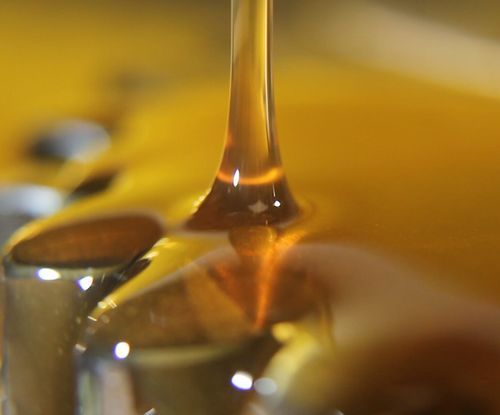How to Buy and Export Industrial Fatty Acids, Oils and Alcohols from Jamaica
How to Buy and Export Industrial Fatty Acids, Oils and Alcohols from Jamaica
Fatty acids, oils and alcohols are natural substances with a high concentration of carbon and hydrogen. They have many uses in chemical manufacturing, pharmaceuticals, cosmetics, food and beverage industries. Jamaica is the fifth-largest producer of industrial fats in the world. In 2017, its exports totaled USD 152 million. The country’s main export partners are India, China and Japan. Industrial fats, oils and alcohols are derived from natural fats such as palm oil or soybean oil; animal fats such as lard or tallow; plant oils such as canola or sunflower oil; or hydrocarbons such as ethanol or propane. They are used in many industries for their unique properties including viscosity (how easily a fluid flows), density (how much space it takes up), saponification (how well it reacts to an alkali) and odor properties.
Why import from Jamaica?
Jamaica has a long history of producing and exporting industrial fats, oils and alcohols. It is a major player in the industry, accounting for 10% of the global market share. Products are shipped in bulk and in containers. There are many reasons why traders import from Jamaica. The most important ones are as follows: – Competitive prices. Prices of industrial oils and fats are lower in Jamaica than in the US and Europe due to lower labor and utility costs. – The ability to deliver small quantities of specific products. Jamaica produces a wide range of industrial fats, oils and alcohols. This means that importers can find the exact products they need. – The ability to deliver products on short notice. Jamaica promises prompt delivery. Importers can therefore choose the best time for their shipments to arrive.
Which products are exported and why?
Jamaica exports a wide range of industrial fats, oils and alcohols including: – Hydrocarbon gases. Hydrocarbon gases are a mixture of gases from petroleum refining processes. Jamaican importers often buy propane, butane and ethane for use in industries such as chemical manufacturing, metal working and food processing. Hydrocarbon gases are also used as fuel for vehicles. – Oils and fats. Oils and fats are naturally occurring substances with a high concentration of carbon and hydrogen. They are used in many industries for their unique properties including viscosity, density and saponification. Oils and fats are derived from natural fats such as palm oil or soybean oil; animal fats such as lard or tallow; or plant oils such as canola or sunflower oil. – Alcohols. Alcohols are naturally occurring organic chemicals. They are produced when sugars are fermented with yeast.
How to find the right supplier?
Finding the right supplier is crucial for a business deal. To ensure that you get top-quality products and excellent customer service, you should follow these steps: – Define your needs. Before you start looking for suppliers, you should define your needs and expectations. What qualities do you want your products to have? What volumes do you need? How quickly do you need them? What are your price restrictions? – Identify potential suppliers. You can find potential suppliers through purchasing directories, online marketplaces or recommendation websites. – Source reports, certifications and samples. You should request detailed product specifications, certifications and samples from suppliers. This will give you a better understanding of their services and products.
Export procedures and requirements
Before you export industrial fats, oils or alcohols from Jamaica, you must obtain an export permit. You can apply for it at the Department of Agriculture and Fisheries. It is a good idea to work with a local partner to avoid any issues with the government. When exporting containers, make sure that they are clean and free of pests. You should also have a Commercial Invoice and a Bill of Lading. The Customs and Immigration Department will examine your documentation to check that all taxes have been paid and that there are no prohibited items in your shipment. Note that depending on the type of products you are exporting, you may need an import permit from the government of the importing country too.
Summary
Jamaica has a long history of producing and exporting industrial fats, oils and alcohols. The country is a major player in the industry, accounting for 10% of the global market share. Products are shipped in bulk and in containers. There are many reasons why traders import from Jamaica. The most important ones are competitive prices, the ability to deliver small quantities of specific products and the ability to deliver products on short notice. Before you export industrial fats, oils or alcohols from Jamaica, you must obtain an export permit. Import and export documentation is checked by the Customs and Immigration Department to make sure that all taxes have been paid and that there are no prohibited items in your shipment.








LEAVE A COMMENT
You must be logged in to post a comment.